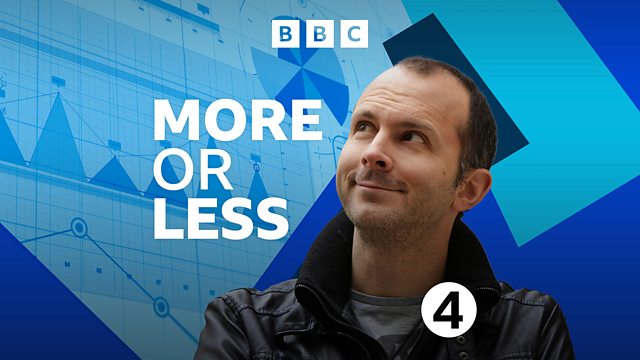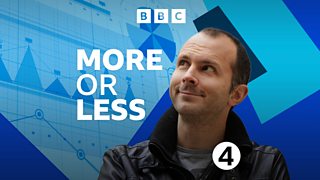How to lose money, fast
How dangerous is high-frequency trading? Tim Harford finds out what happened next to Trumpton's Fireman Dibble, and more medalling with the Olympics.
In this week's programme:
High frequency trading
Last week Knight Capital lost a lot of money very quickly. It was the latest chapter in the story of something called 'high frequency trading'. Investors have always valued being the first with the news. But high frequency trading is different: algorithms execute automatic trades, conducted by computers, at astonishing speeds. We ask: is the rapid growth of high frequency trading progress, or - as some think - a threat to the stability of the entire financial system?
Medalling with the Olympics
While the Olympic medal table puts all UK successes together, some people have been tempted to peer under the surface. Scotland has been pronounced superior to England per head of population, while Yorkshire has been hailed as the number one county, beating Australia in the medals table. We check the sums.
Trumptonomics
A year after Trumptonshire's Treasurer (Con. T Harford) embarked on a round of public spending cuts which included sacking Fireman Dibble, we return to Trumpton to find out what happened next to the county's economy - and to poor old Dibble.
The geeks are coming
Mark Henderson discusses his new book, The Geek Manifesto, which argues for more scientific thinking in public life.
Presenter: Tim Harford
Producer: Richard Knight.
Last on
More episodes
Broadcasts
- Fri 10 Aug 2012 16:30大象传媒 Radio 4
- Sun 12 Aug 2012 20:00大象传媒 Radio 4
Just how reliable is our intuition? Find out with The Open University
OU Connect: Put your brain to the test with our new mind-bending probability problems!



